Fidelio – Ludwig Van Beethoven, opera in two acts
- Music Director and Conductor Jaroslav Kyzlink
- Stage Director and Set Designer Rocc
- Costume Designer Belinda Radulović
- Video Projection Designer Piotr Maruszak
- Lighting Designer Jasmin Šehić
- Choreographer Gregor Luštek
- Dramaturge Tatjana Ažman
Fidelio (originally titled Leonore, oder Der Triumph der ehelichen Liebe; English: Leonore, or The Triumph of Marital Love), Op. 72, is Ludwig van Beethoven’s only opera. The German libretto was originally prepared by Joseph Sonnleithner from the French of Jean-Nicolas Bouilly, with the work premiering at Vienna’s Theater an der Wien on 20 November 1805. The following year, Stephan von Breuninghelped shorten the work from three acts to two. After further work on the libretto by Georg Friedrich Treitschke, a final version was performed at the Kärntnertortheater on 23 May 1814. By convention, both of the first two versions are referred to as Leonore.
The libretto, with some spoken dialogue, tells how Leonore, disguised as a prison guard named “Fidelio”, rescues her husband Florestan from death in a political prison. Bouilly’s scenario fits Beethoven’s aesthetic and political outlook: a story of personal sacrifice, heroism, and eventual triumph. With its underlying struggle for liberty and justice mirroring contemporary political movements in Europe, such topics are typical of Beethoven’s “middle period”. Notable moments in the opera include the “Prisoners’ Chorus” (O welche Lust—”O what a joy”), an ode to freedom sung by a chorus of political prisoners, Florestan’s vision of Leonore come as an angel to rescue him, and the scene in which the rescue finally takes place. The finale celebrates Leonore’s bravery with alternating contributions of soloists and chorus.


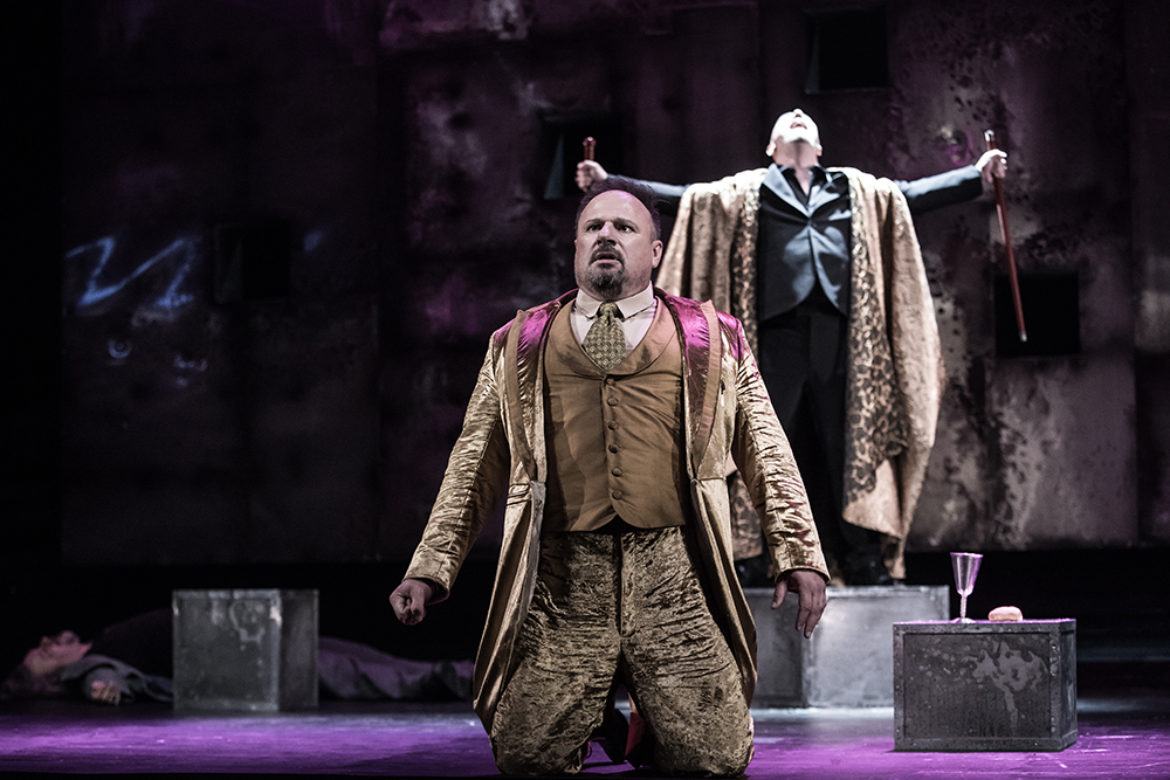

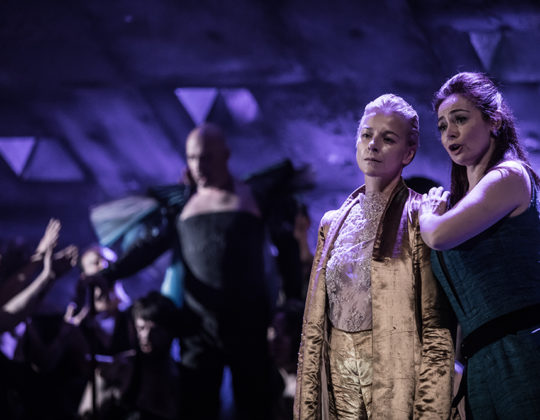
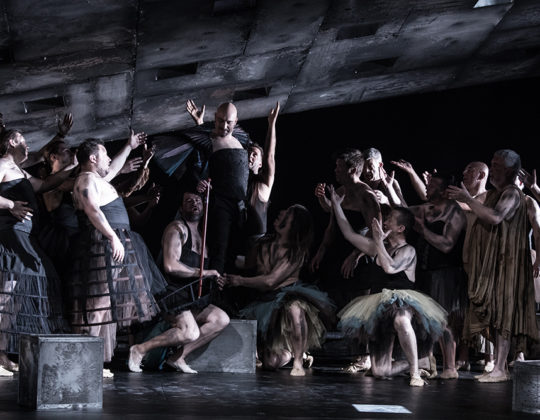
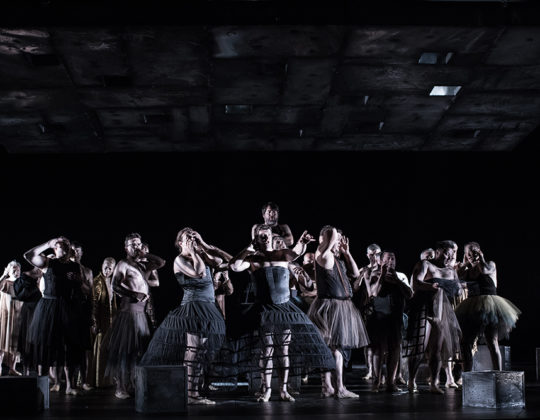
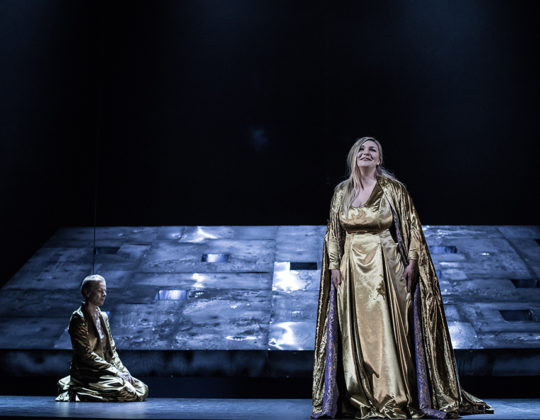
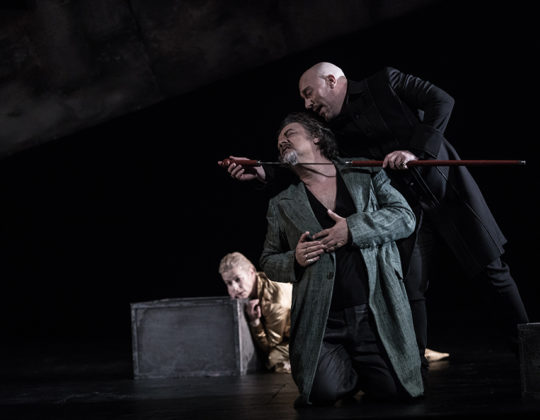
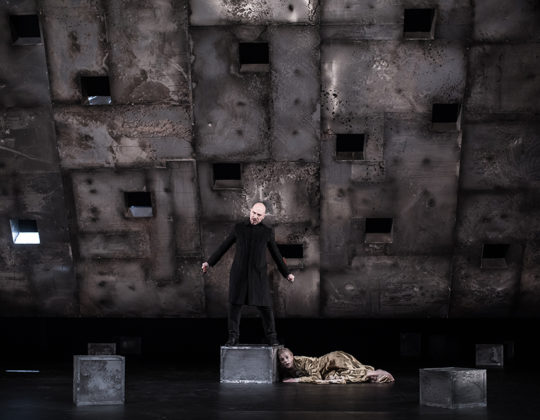
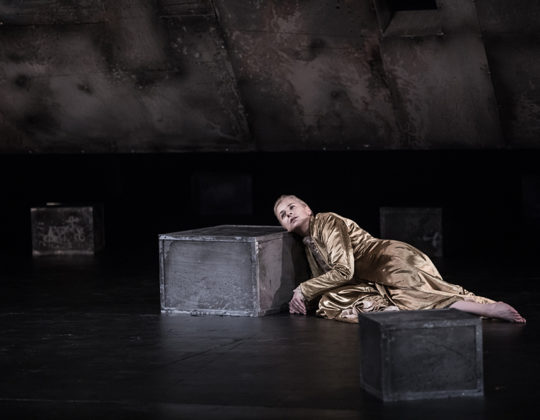
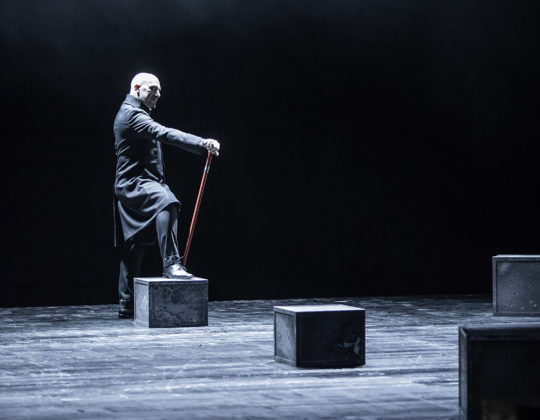
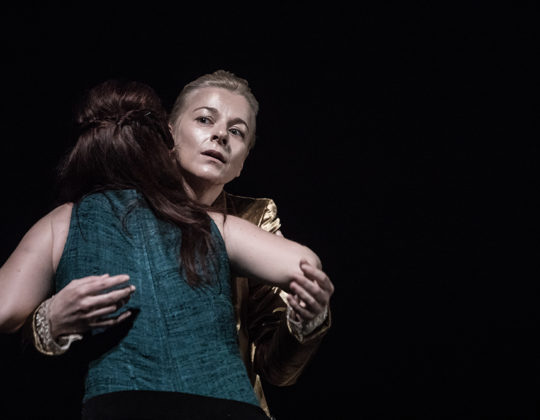
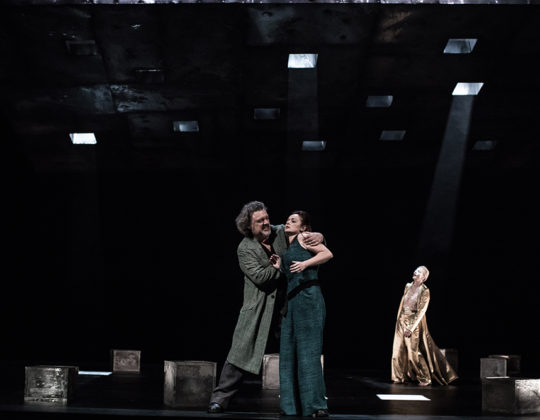
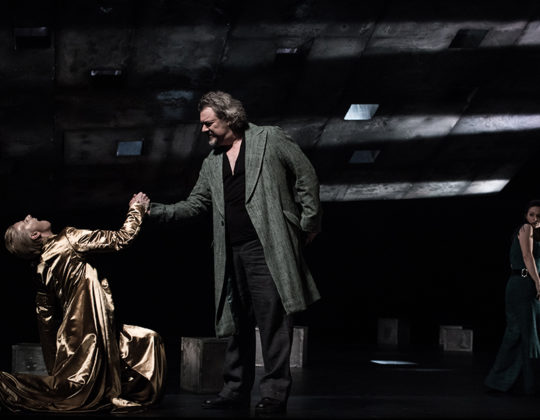
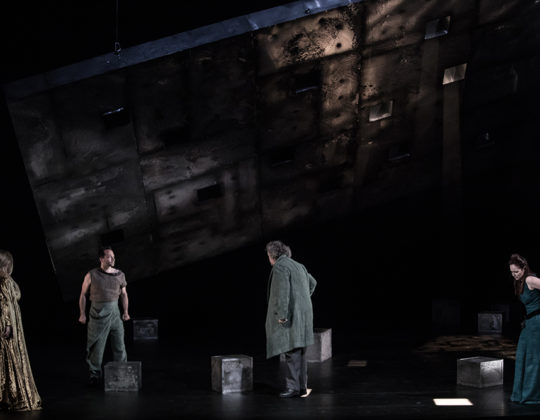
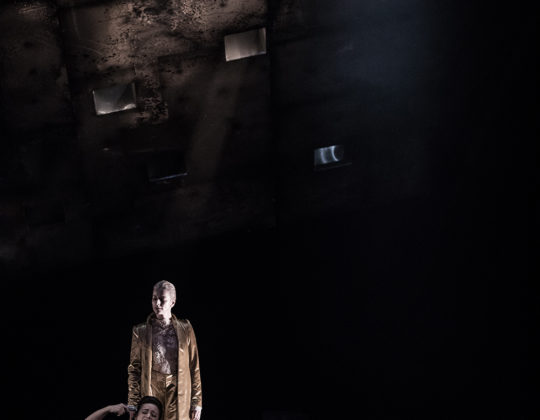
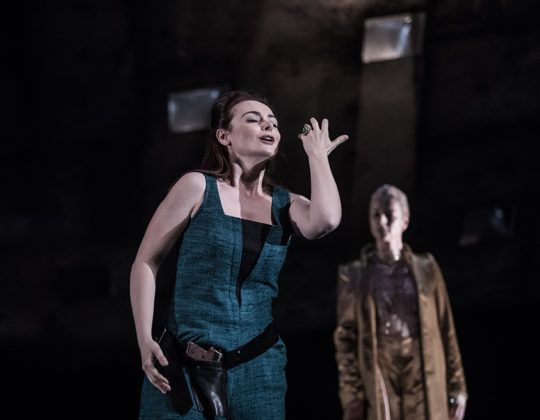
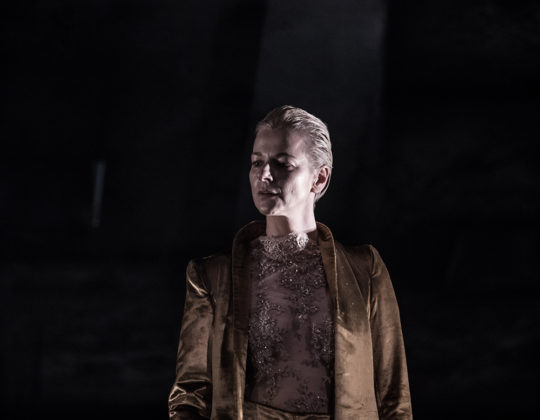
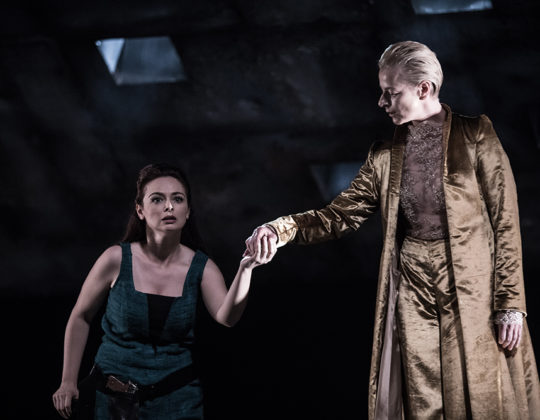
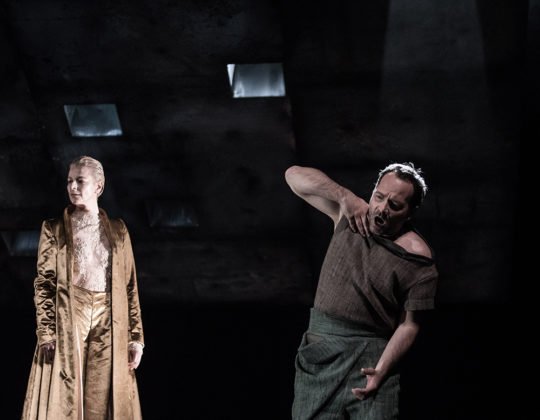
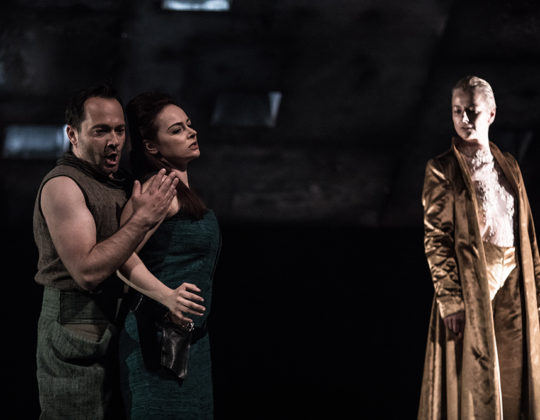
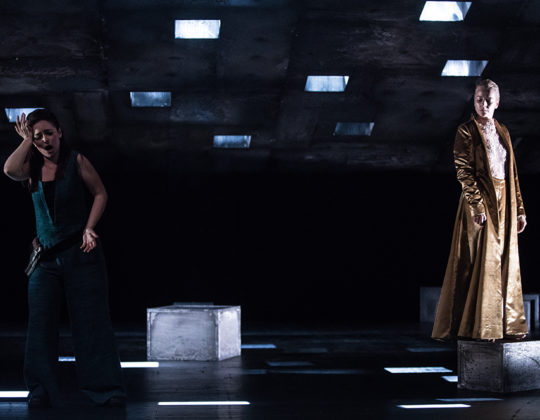
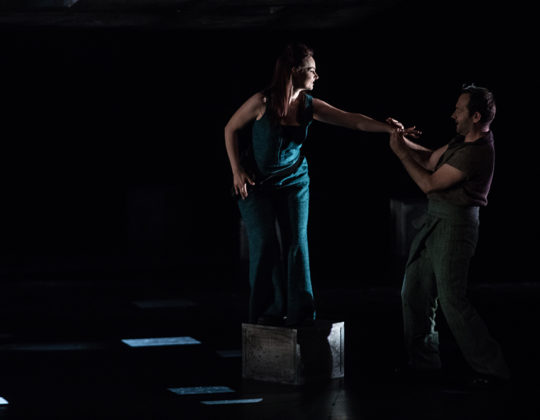
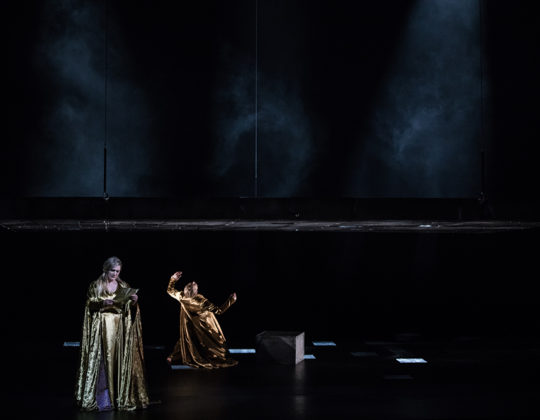
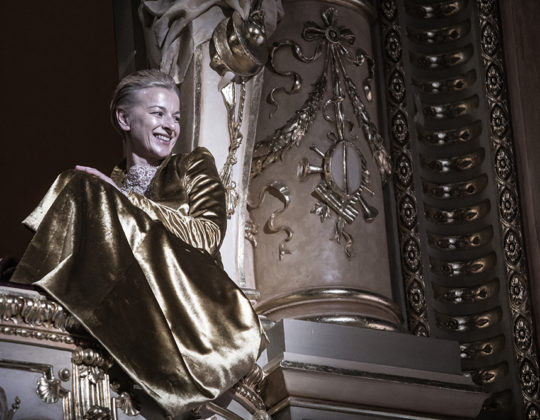
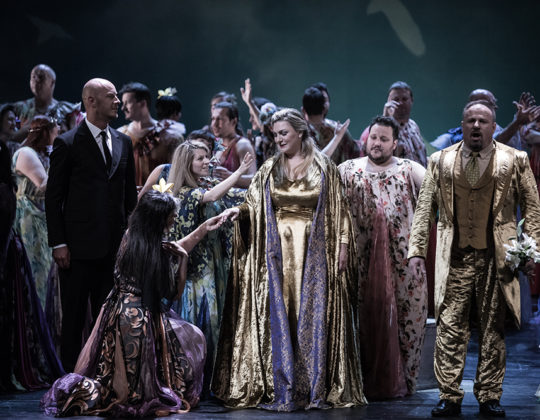
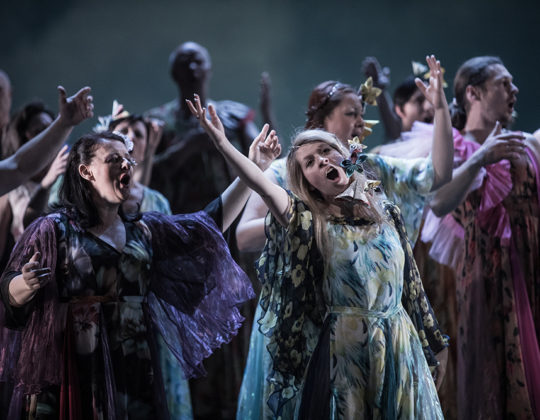
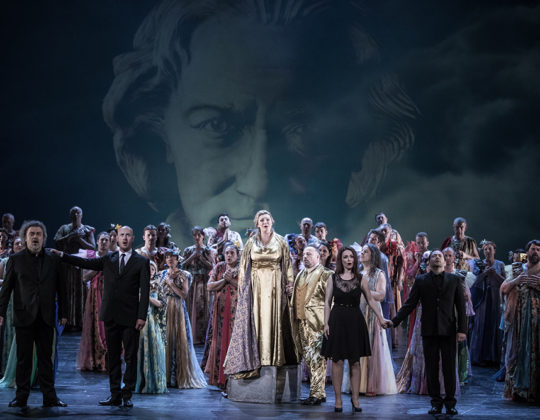
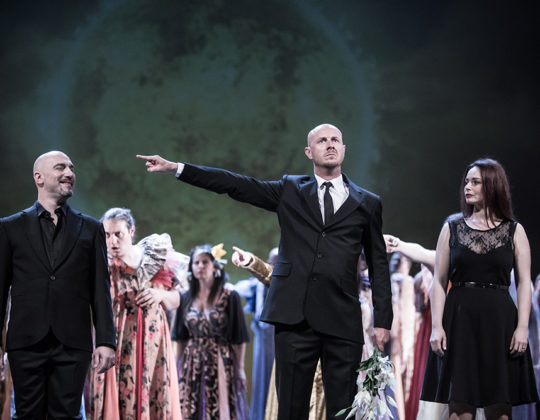
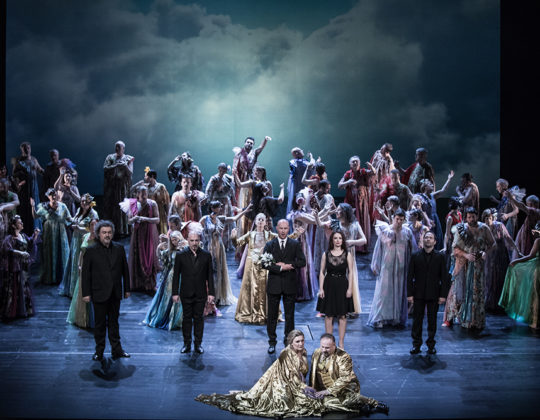
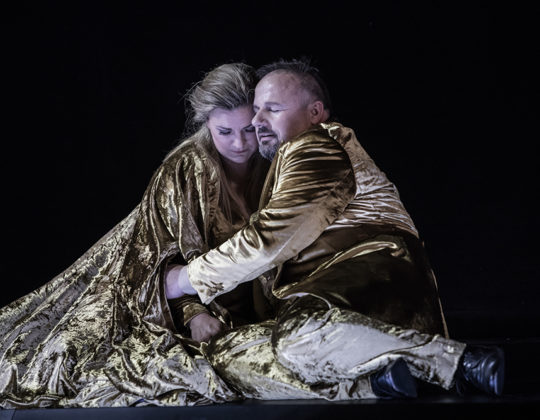
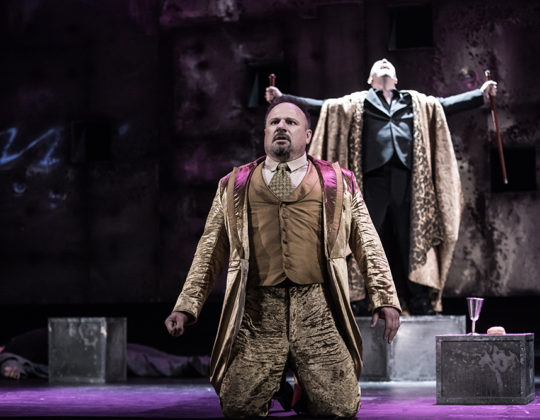
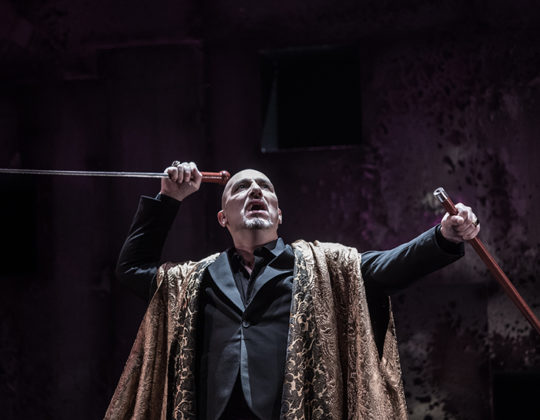
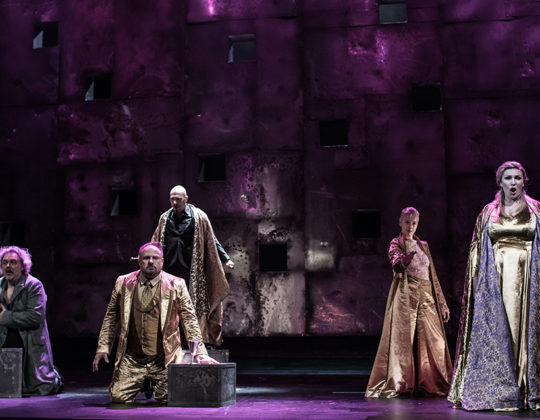
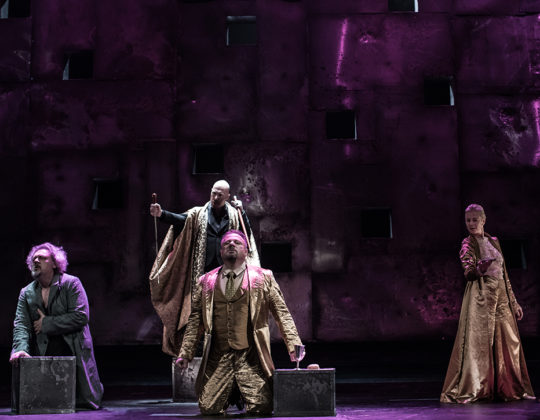
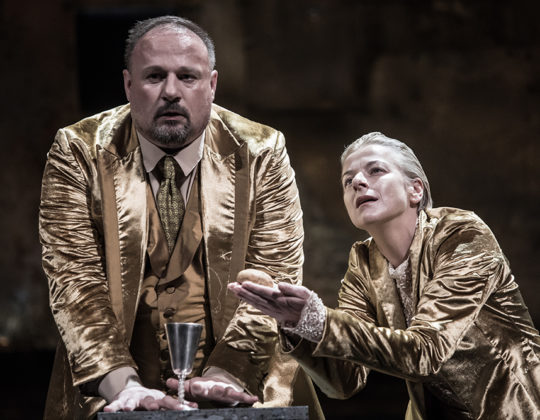
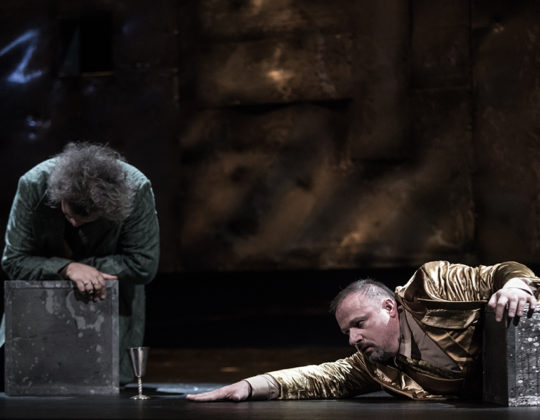
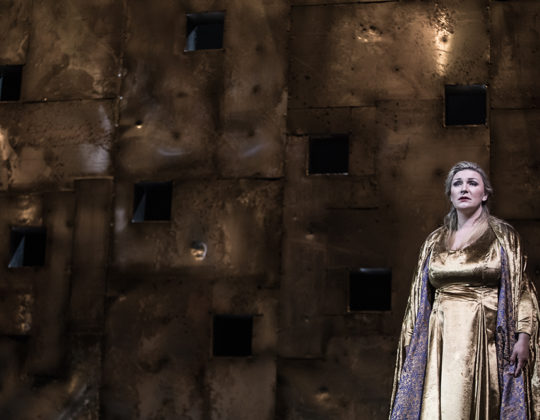
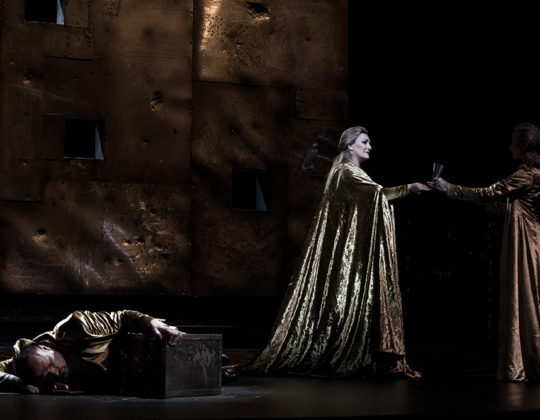
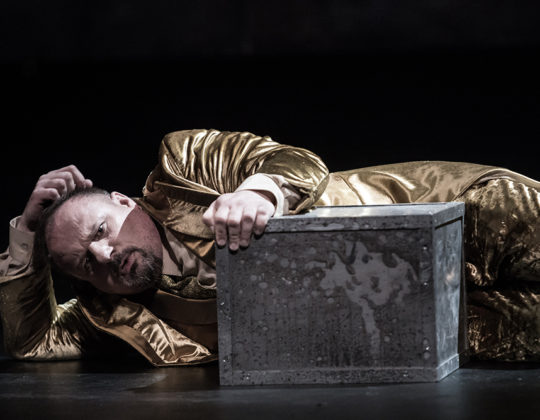
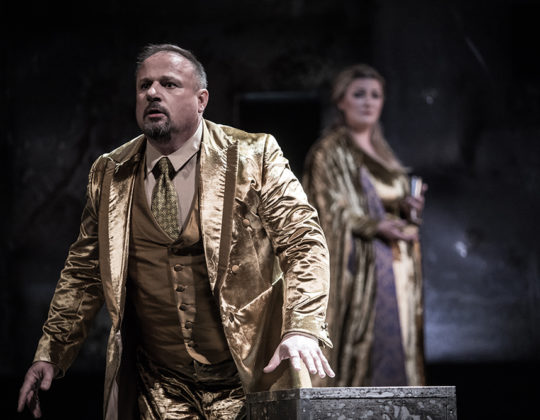
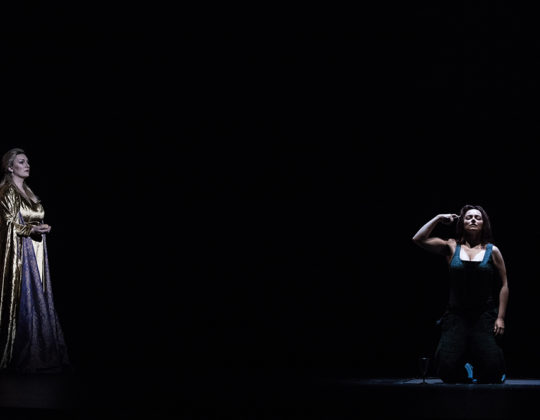
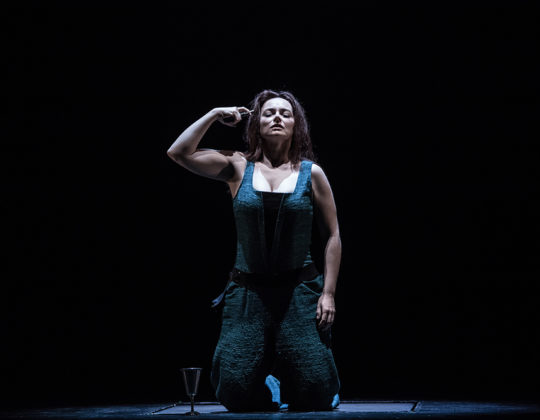
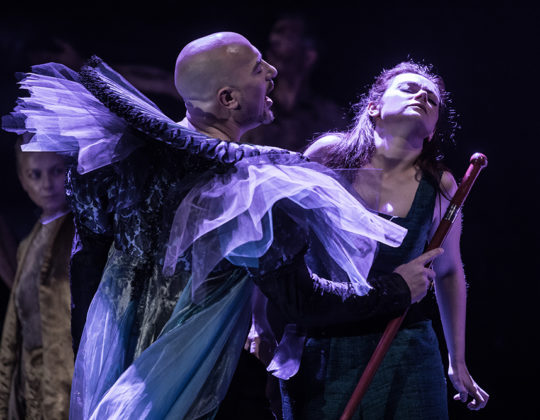
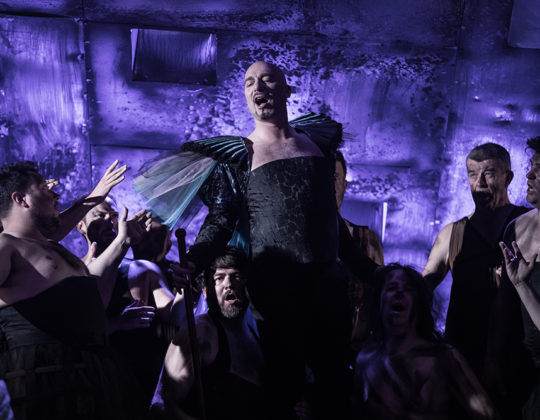
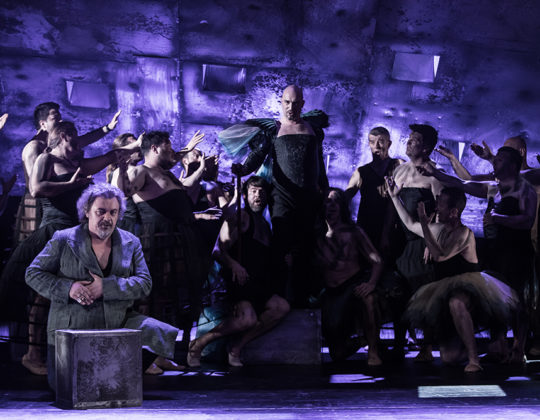
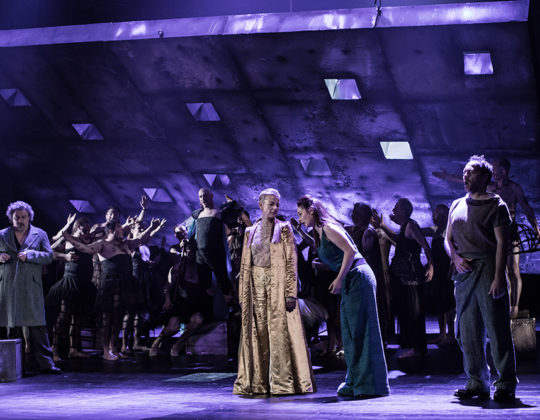
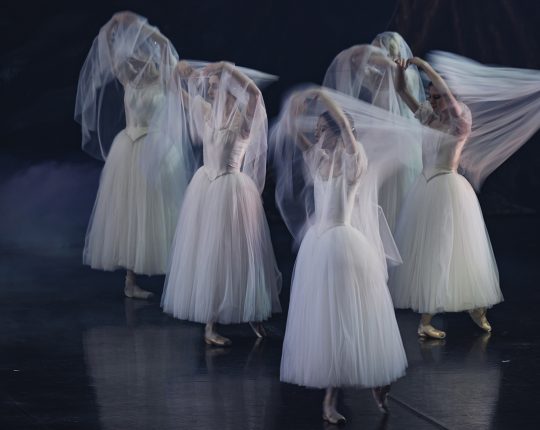
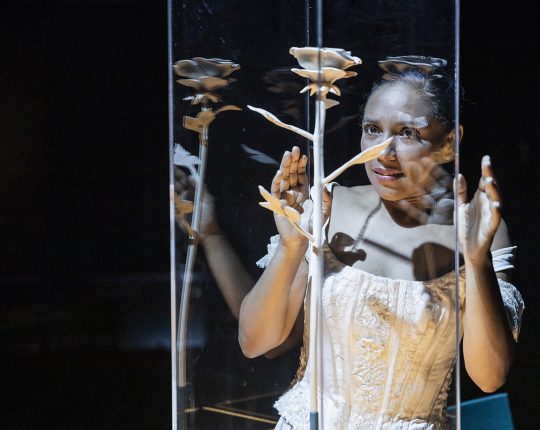
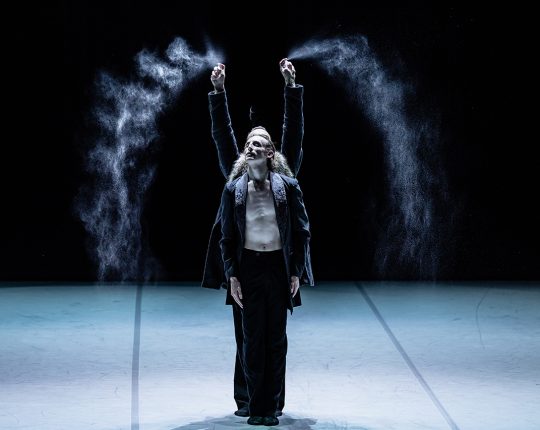
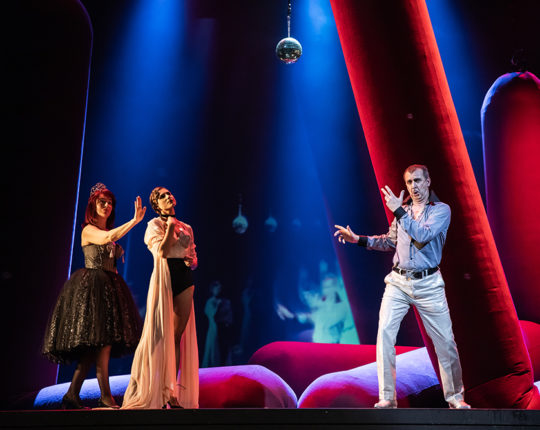
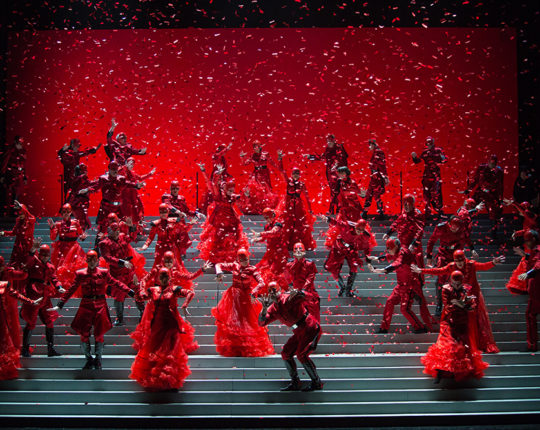


0 comments